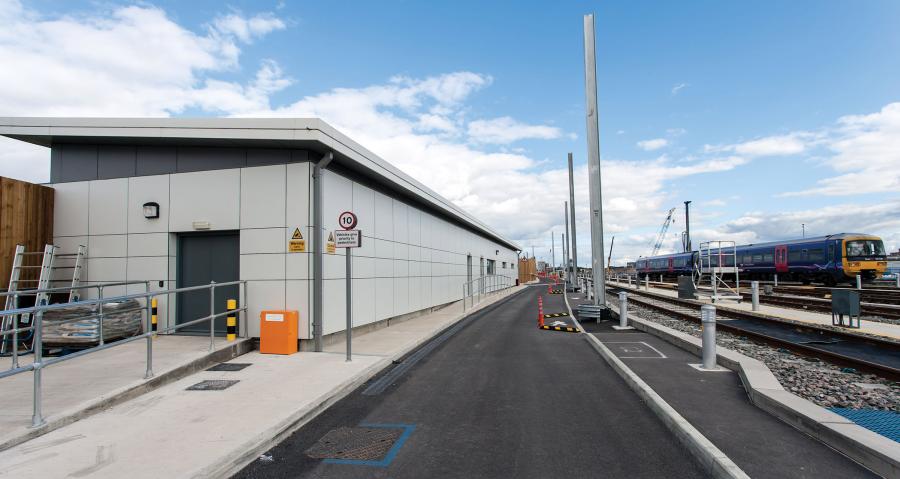About
The National Infrastructure Planning Association (NIPA) was established in November 2010 with the aim of bringing together individuals and organisations involved in the planning and authorisation of major infrastructure projects.
Our principal focus is the planning and authorisation regime for nationally significant infrastructure projects introduced by the Planning Act 2008.


THE NEED FOR NIPA
The Planning Act 2008 introduced a new authorisation regime that was radically different from the then existing regimes, creating for the first time a unified consent regime for projects across different sectors.
Since the regime was established it has undergone legislative change on two occasions. NIPA has been actively involved in this process and we are continuing to provide expert insight to government and stakeholders about how the regime is evolving, particularly in the context of the 2014 Review.
Since the regime was established it has undergone legislative change on a number of occasions. NIPA has been actively involved in this process and continues to provide expert insight to government and stakeholders about how the regime is working.
The principle of the regime is supported by all three main political parties and is therefore likely to be in place for the foreseeable future. This is against a background of ongoing government support for new infrastructure to assist the UK economy’s continued growth and to meet the needs of the future, as evidenced by the establishment of the National Infrastructure Commission.
PURPOSE AND OBJECTIVE
NIPA was created to develop and disseminate learning and best practice for both promoters and those affected by proposed projects.
We provide a forum for those with an interest in the planning and authorisation of national infrastructure projects in the UK, particularly those brought forward within the framework of the Planning Act 2008.
In summary, we:
- Advocate and promote an effective, accountable, efficient, fair and inclusive system for the planning and authorisation of national infrastructure projects and act as a single voice for those involved in national infrastructure planning and authorisation;
- Participate in debate on the practice and the future of national infrastructure planning and act as a consultee on proposed changes to national infrastructure planning and authorisation regimes, and other relevant consultations; and
- Develop, share and champion best practice, and improve knowledge, skills, understanding and engagement by providing opportunities for learning and debate about national infrastructure planning.

